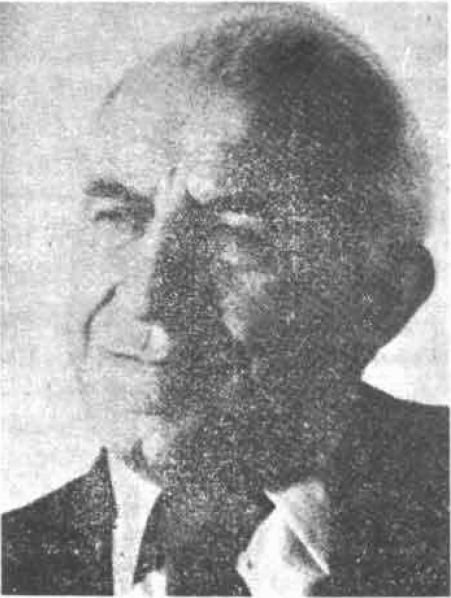By Sissag Varjabedian
BEIRUT — On January 16,1971, in this damp cold Beirut winter, we buried an Armenian mother endowed with singular capacities — my mother or Mairig, as we, her children, used to call her.
Being one of her children and, particularly, an Armenian man, public servant and writer, I am impelled to put in writing a few memories while her grave is still fresh, while trying not to weep — but to no avail. Despite all my effort, a myriad of bittersweet episodes come pell-mell to the forefront of my mind, and teardrops stream down my cheeks. A life of more than half a century impetuously passes before my eyes — from the roads of exile to my entrance to the university. I am very sad…not because I am being eternally separated from my mother — who became both a mother and a father to us, her children; rather, with the departure of Victoria Varjabedian, our nation has lost one of the worthy representatives of a model class of Armenian women and mothers. She is the type of Armenian mother who, although having suffered on the roads of exile, nevertheless emerged victorious in the end. It is not on account of her death that her merits are becoming evident. I have long since taken note of them.
One day, when we were sitting around as a family and my son, Shahnour, who is endowed with exceptional artistic ability, was painting a portrait in oil of his grandmother seated facing him, I said to her:
“Mairig, you know, I’m going to write about you.”
However, that day never came during her lifetime. A year or two later, she asked with a sweet smile on her maternal face:








